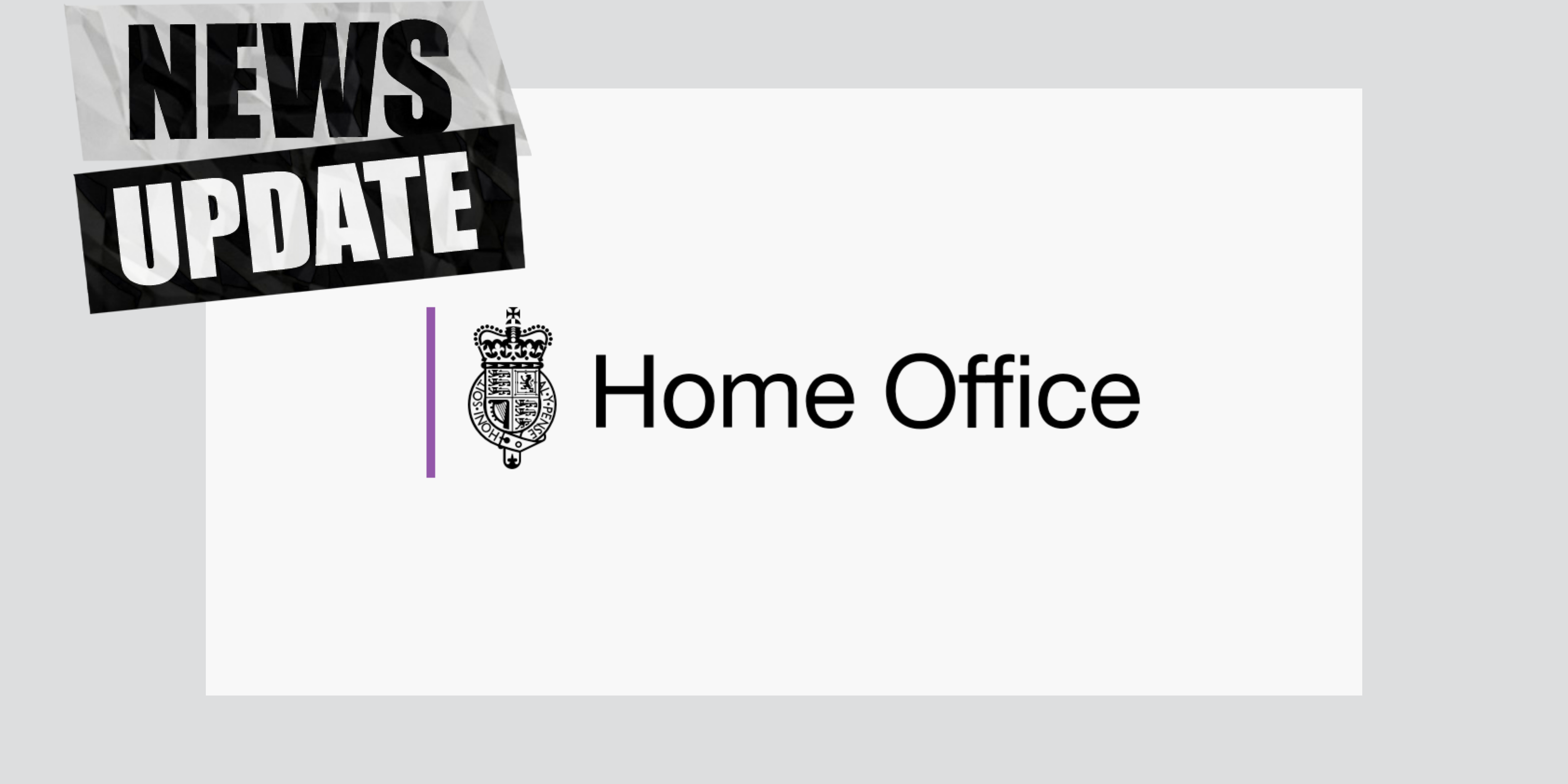Higher Education is at a critical juncture. As demand for university education increases, the financial support systems meant to sustain this growth are crumbling. For the past decade, real-terms funding for students has been falling, and by 2026, it will be at its lowest level for over 25 years.
Students of all backgrounds deserve to be able to access a world-class education and long-term thinking and reform are needed to get us there. Higher education remains one of the UK’s leading sectors – but in recent years, its contribution to society, the economy and the UK’s reputation abroad has been consistently undervalued.
Thinking about the long-term
The long-awaited general election is now only a month away. In the lead-up to this general election, Russell Group Students’ Unions are calling for long-overdue renewed thinking from our political leaders.
We are a collective of SUs representing over 700,000 students across the UK. As a group, we have set out our priorities for the next government in a Student Manifesto, which calls for urgent reform to take a step towards establishing more equitable opportunities for all students, as well as utilising and preserving the calibre of the UK’s higher education sector.
To launch the RGSU Student Manifesto, we convened a panel of experts in Westminster with student leaders, representatives from the sector, and the House of Lords. The discussions in the room highlighted the urgent need to address the challenges facing students today and we laid out a roadmap for future policy reform.
The challenges we face
The financial challenges faced by students were a central theme throughout the event. Reflecting on my last two years as a Sabbatical Officer at Manchester Students’ Union, I can testify that the student experience is bleaker than it seems. The cost-of-living crisis has left many students struggling to make ends meet. Combined with this, students are often juggling part-time and even full-time jobs alongside their studies, facing a housing crisis and relying on food banks, coupled with a difficult legislative scene which continues to make students feel ever so stifled.
As Alex Stanley, the Education Officer at Exeter Students’ Guild, rightly pointed out, additional government support is urgently needed to address these issues. For many, university has become less about thriving and more about surviving, leading to a growing disparity between the ideal of academic excellence and the harsh realities of being a student in 2024 that define daily life for many.
Joanna Burton, Head of Policy at the Russell Group, echoed these concerns, emphasising the financial precarity within the sector. She highlighted the recent Office for Students (OfS) report on the financial resilience of higher education institutions, which underscores the reliance on international student fees to cross-subsidise domestic shortfalls. This, she argued, often leads universities to do “more with less,” ultimately impacting the student experience. The call for an uplift in maintenance loans, a review of parental income thresholds, and the reintroduction of grants for the most disadvantaged students were among the critical measures proposed in the Manifesto to alleviate these pressures.
Renewing our international outlook
The discussion also touched upon the distinct challenges faced by international students. I raised the “hostile environment” created by restrictive visa policies, which can lead to exploitative working practices and limit opportunities for students to volunteer in their local communities. Baroness Garden of Frognal, our event’s sponsor, stressed the need for a more compassionate and supportive approach to international students, recognising their significant contributions to the UK’s higher education landscape and global reputation. Sentiment we echo in our manifesto when we ask for visa reform, phasing out the NHS Health Surcharge and the removal of students from the net migration figures.
HEPI’s own Josh Freeman, Policy Manager, commended the ambitious scope of the manifesto, particularly its focus on addressing the barriers faced by postgraduate students in housing and childcare costs. He also praised the Student Manifesto’s focus on embedding student perspectives into regulatory frameworks to ensure that policies reflect the realities of student life.
It is high time for change
As the event rounded to a close, I reemphasised how much governments have failed students, as well as universities, yet the student movement must remain optimistic. If we don’t genuinely believe change is possible, change can never occur.
Russell Group Students’ Unions Officers across the UK will be meeting with candidates and their universities to talk about our priorities ahead of the 4th of July, and we’re ready to engage with the next government to make Higher Education work for students.
Our manifesto is a step towards articulating the needs and aspirations of today’s students. Now, the future of Higher Education hinges on the willingness of the next government to engage with and act on these critical issues; is it really an option not to do so?



